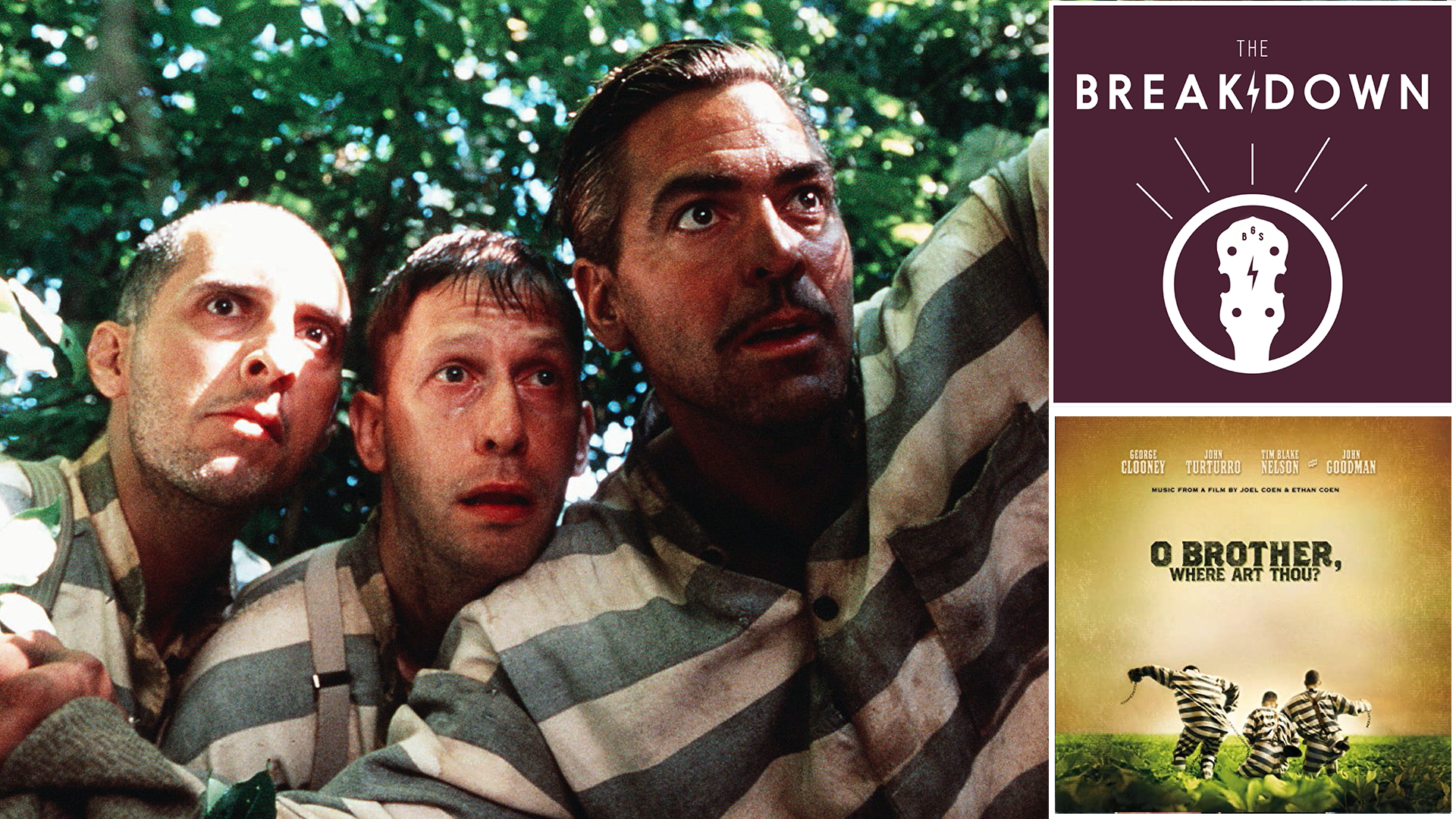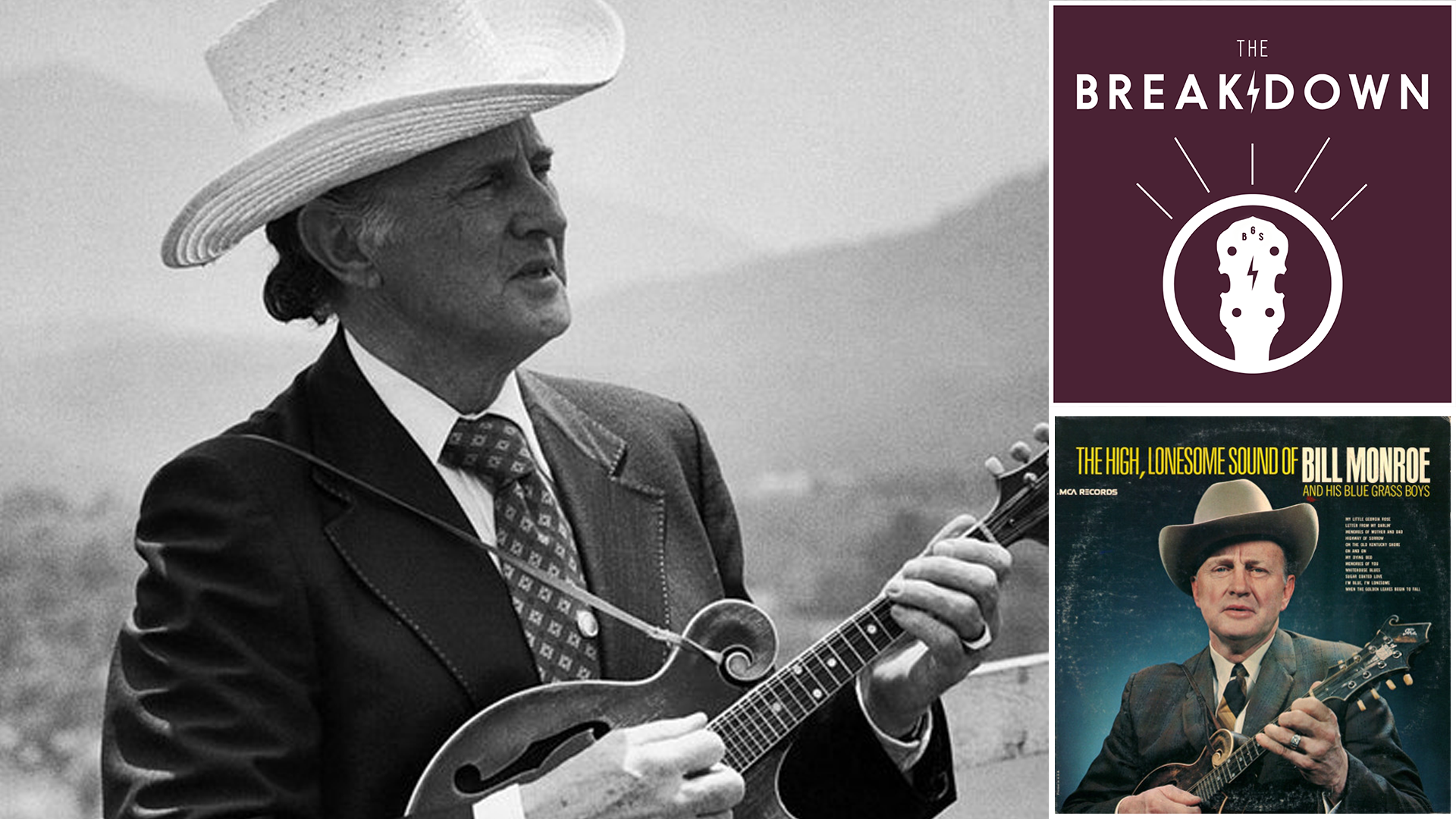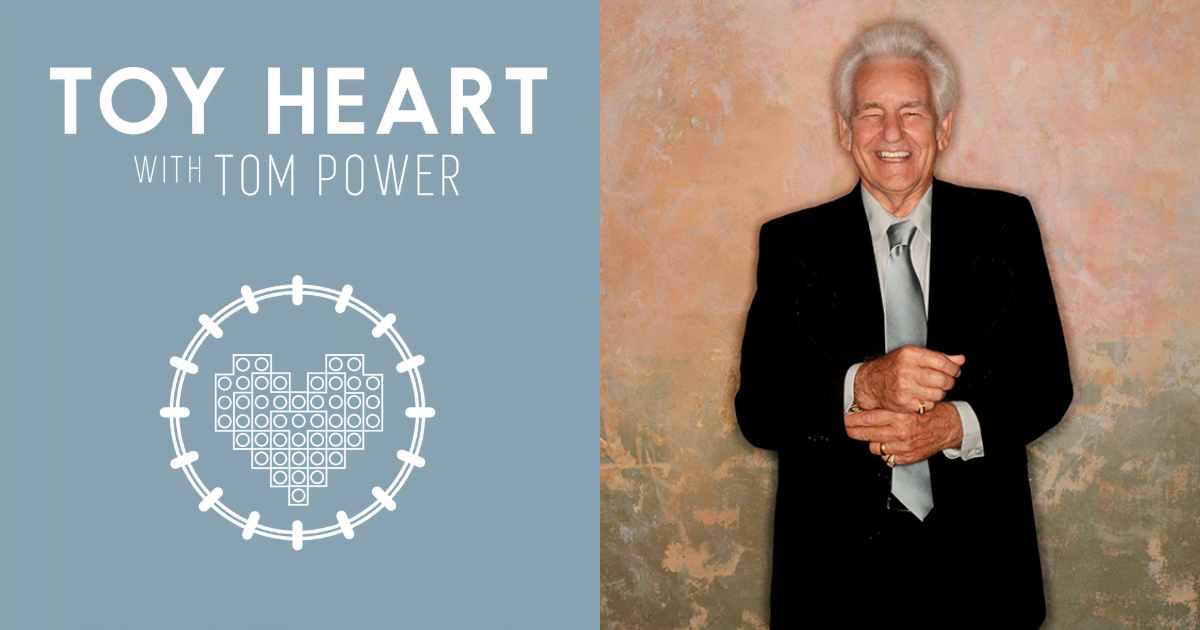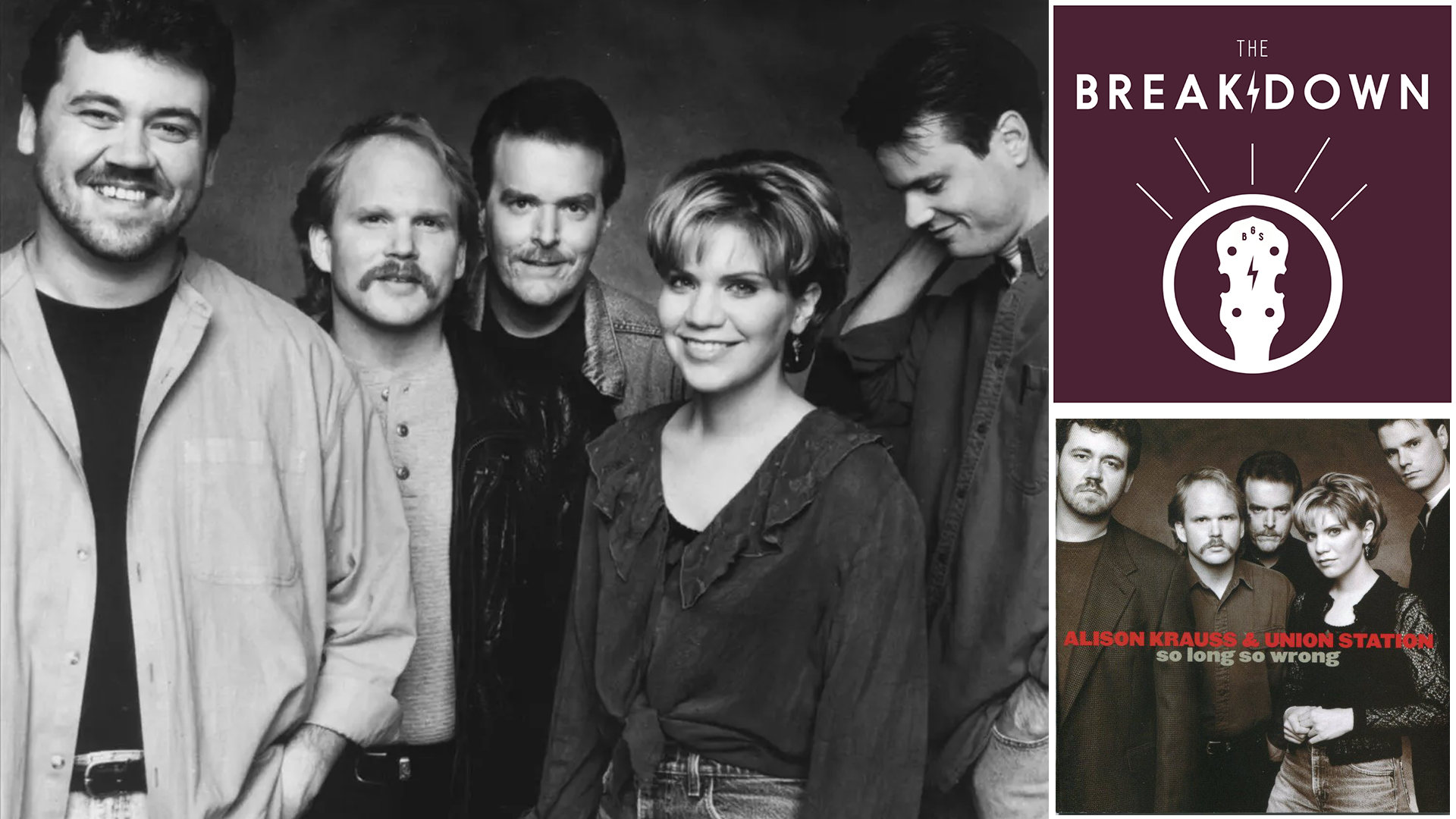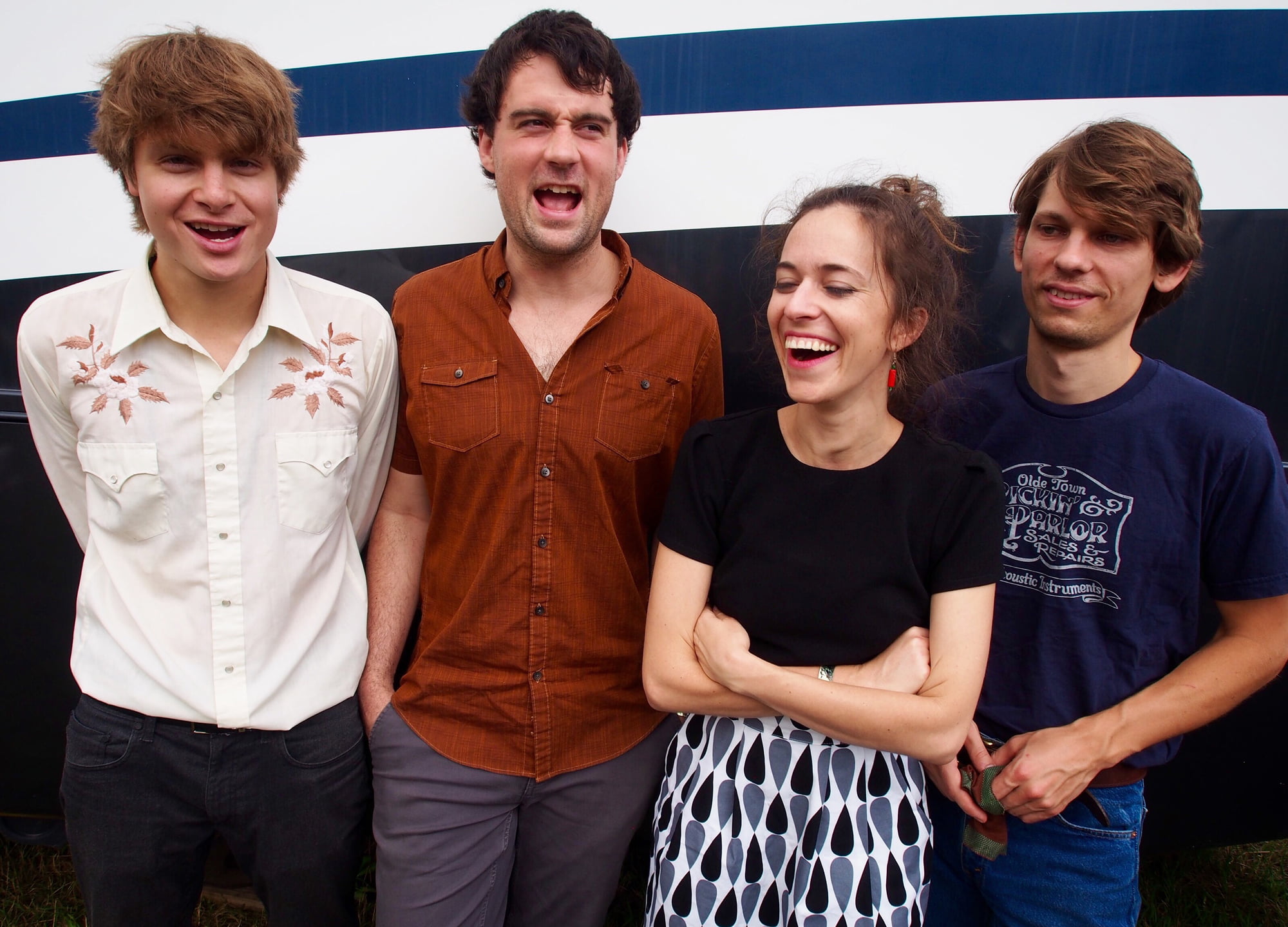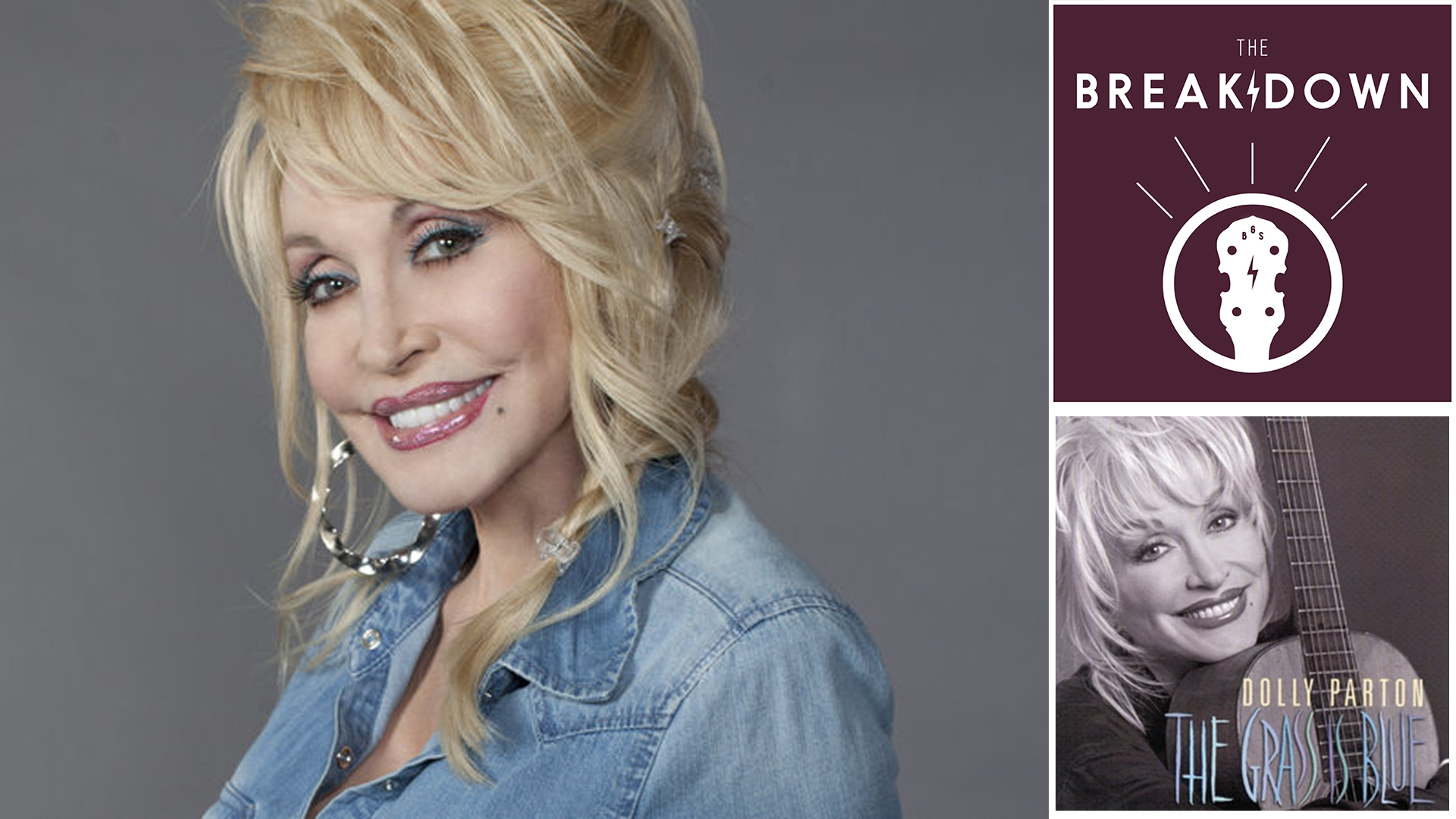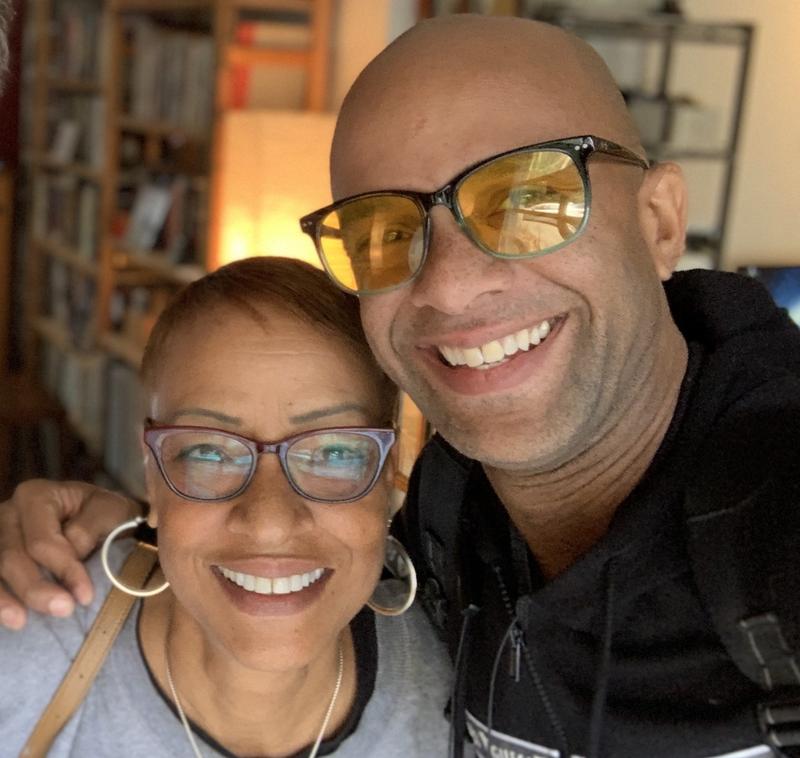This week, hosts Patrick M’Gonigle and Emma John dissect the bluegrass-centered soundtrack to the Coen Brothers’ film, O Brother, Where Art Thou?, with a little help from their friends Chris Thomas King and Dan Tyminski.
LISTEN: APPLE PODCASTS • MP3
O Brother, Where Art Thou? was the movie that brought bluegrass to a new generation, and sent dozens of musical careers into the stratosphere. Fake beards not required.
Season 2 of The Breakdown is sponsored by The Soundtrack of America: Made In Tennessee. Visit TNvacation.com to start planning your trip.
